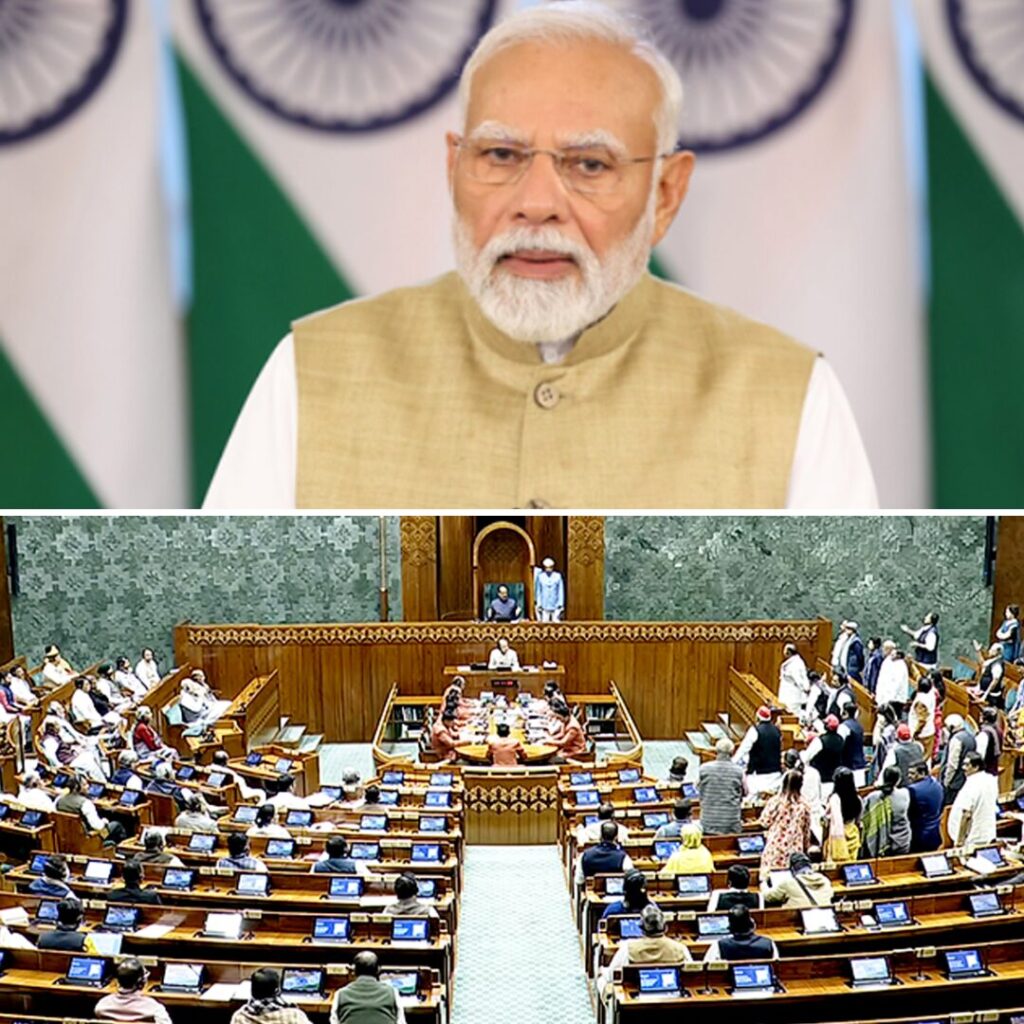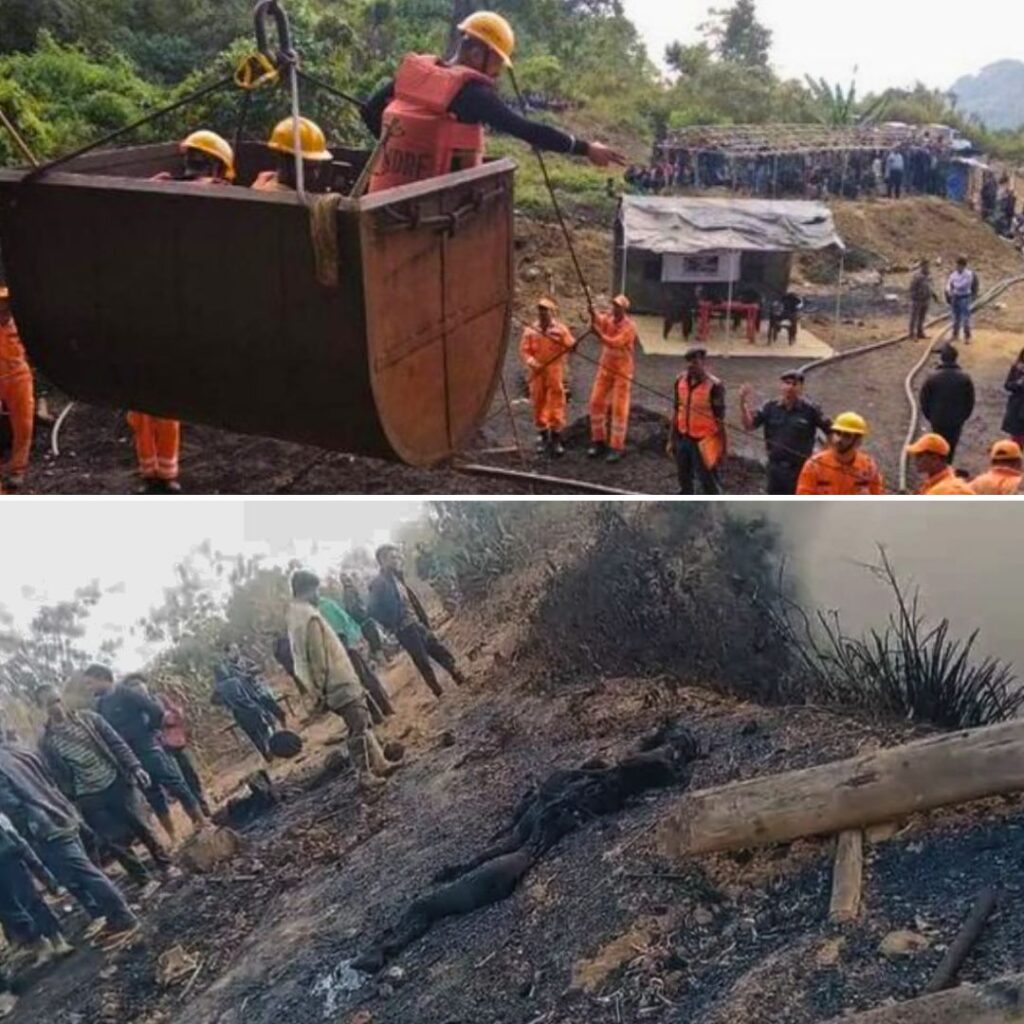Amid Delhi’s ongoing air quality crisis, where the Air Quality Index (AQI) reached a hazardous 488, a user on X (formerly Twitter) humorously suggested that residents should learn Kannada and relocate to Bengaluru, which enjoys significantly cleaner air with AQI levels between 60 and 80. This comment reflects the frustration of many Delhiites facing severe pollution, with some expressing concern over potential migration to Bengaluru and the challenges of adapting to a new language. Political figures, including Congress leader Shashi Tharoor, have criticized the government’s inaction towards Delhi’s pollution crisis, calling for immediate measures.
Delhi’s Pollution Crisis and Bengaluru’s Clean Air
The air quality in Delhi has remained in the ‘severe plus’ category for two consecutive days, creating hazardous conditions particularly detrimental to vulnerable populations such as children and the elderly. As reported by the Central Pollution Control Board (CPCB), Delhi’s AQI hit alarming levels, prompting discussions about relocating to cities with better air quality. The X user stated, “Clean air is a fundamental human right, but in Delhi, you have to pay for it with an additional 18% GST,” highlighting the growing discontent among residents regarding their deteriorating environment. In contrast, Bengaluru’s AQI is currently at a moderate level of 159, though residents are still advised to limit outdoor activities if they have respiratory issues.
Social Media Reactions and Concerns
The suggestion to move to Bengaluru has sparked varied reactions on social media. While some users found humour in the post, others raised valid concerns about an influx of people potentially overwhelming Bengaluru’s resources. User Astha Kohli warned that if too many people migrate, Bengaluru might face similar pollution issues as Delhi. Additionally, discussions around language barriers emerged, with some expressing reluctance to learn Kannada while others emphasized its importance for integration into local culture. This conversation reflects broader societal tensions regarding language and identity in a rapidly urbanising India.
Clean air is a Fundamental human right.
— Ray (@sde_ray) November 19, 2024
But in delhi, you have to pay for the clean air too with an additional 18% GST.
It’s time to learn Kannada and permanently settle in Bengaluru where AQI ranges 60-80. 😂 pic.twitter.com/yEWJr1zeyZ












